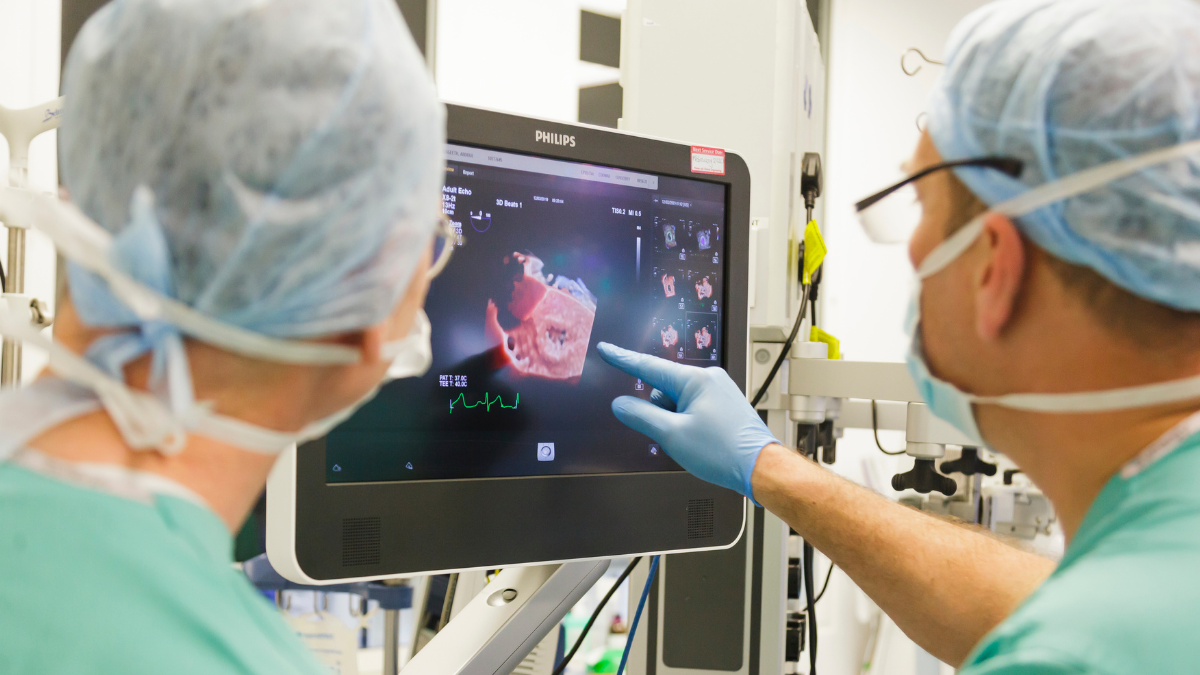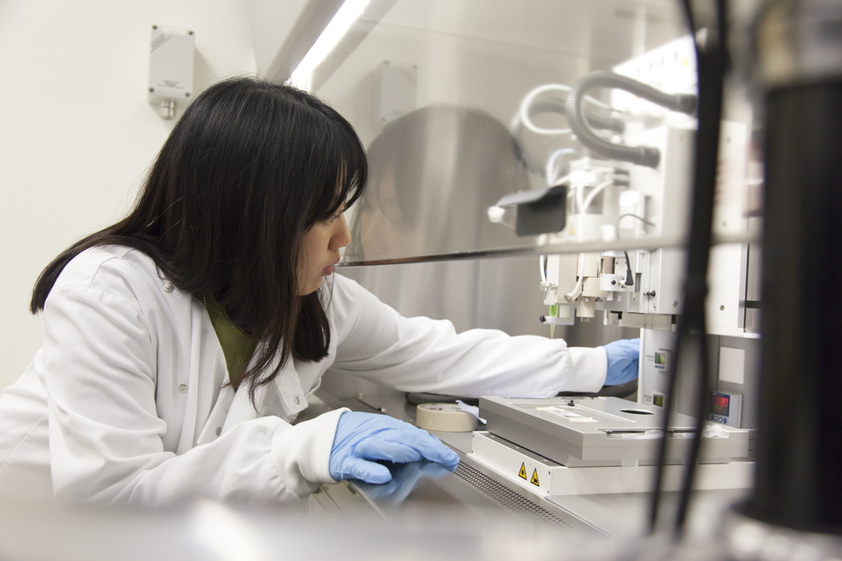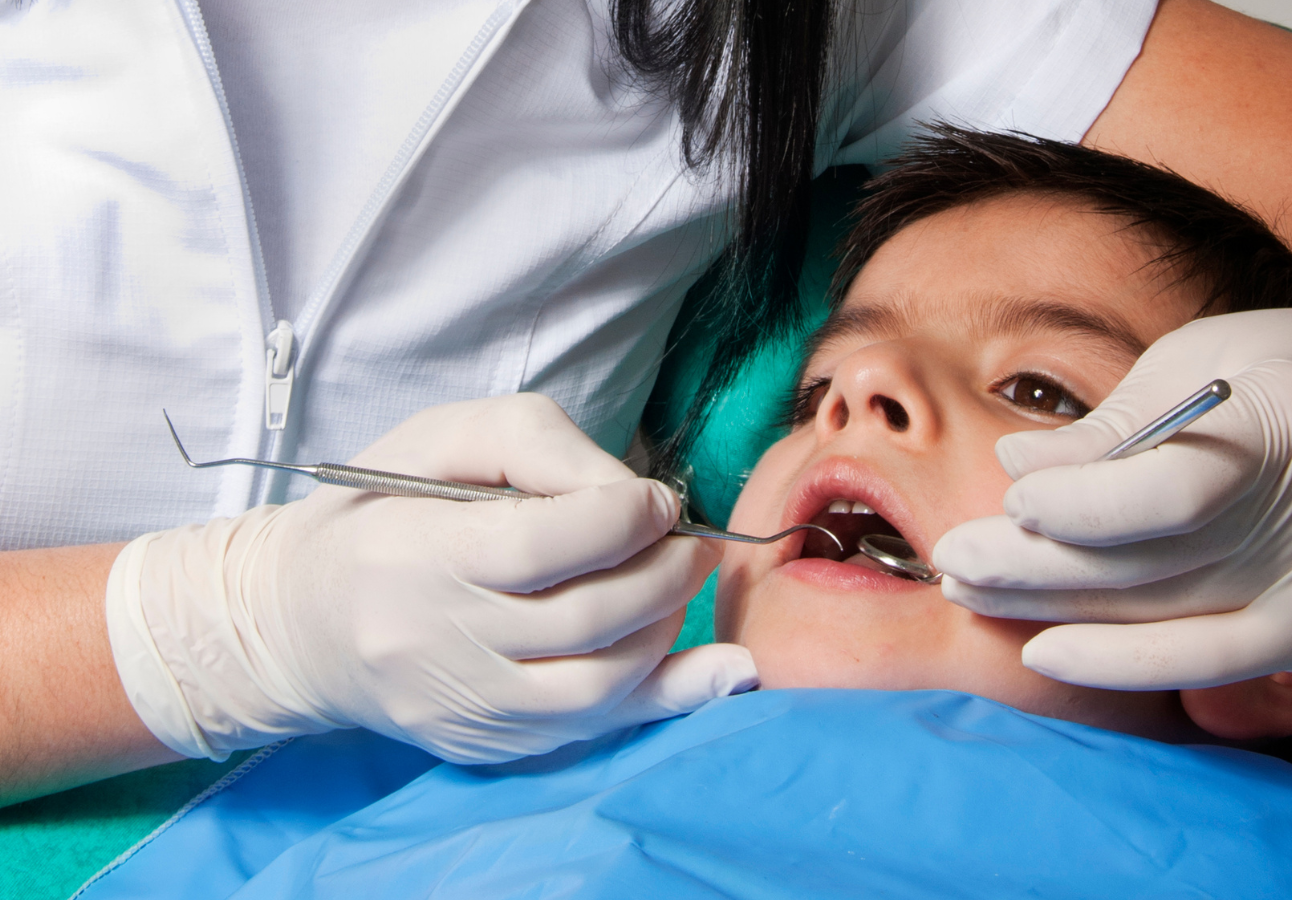Predicting diabetes risk
With our funding, researchers have developed a tool that can predict diabetes risk.
Using the new AI tool, the team was able to show that a larger amount of fat around the heart is associated with significantly greater odds of diabetes, independent of a person’s age, sex, and body mass index.
The distribution of fat in the body can influence a person’s risk of developing various diseases. The commonly used measure of body mass index (BMI) mostly reflects fat under the skin, rather than around the internal organs. There are suggestions that fat around the heart may be a predictor of heart disease. This has also been linked to a range of conditions, including atrial fibrillation, diabetes, and coronary artery disease.






